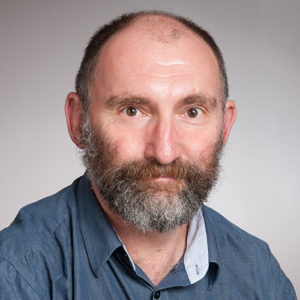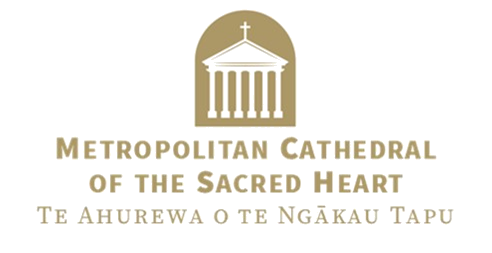Our Parish
Friday, the Solemnity of the Sacred Heart, is our parish’s patronal feast day. It’s a good time to reflect on parish life. We all know that our Cathedral parish has been through difficult times in the last five years. I doubt that anyone expected the building would be closed for so long.
It’s often observed that New Zealand is a fairly secular society. I don’t think that is a bad thing. It means that there is no special privilege attached to religious adherence. I think that it follows that all of us in this parish are here because we want to be. That’s important. Whether because we live nearby, or work nearby, or for some other reason, we have made a choice to be part of this community.
For 1500 years, much monastic life in the Western church has been structured around the Rule of Saint Benedict. It might be described as the oldest (and best) management manual in the West. It has much wisdom about living in community – again, the point is that those within the community have chosen to be there. One theme is that the monastery – and by extension, any Christian community – is ‘a school of the Lord’s service’, or as it’s sometimes put, ‘a school of charity’.
The purpose of such a community is that its members grow in faith, thinking always of the common good. There’s particular emphasis on welcoming strangers. There are some excellent modern reflections on the Rule by the American Benedictine Sister Joan Chittister, and the Australian monk Michael Casey.
Back in February, Pope Francis’ monthly intention was for parish life. He shared his hope that parishes should be ‘schools of service and generosity, with their doors always open to those who are excluded. And to those included. To all’. Above all, ‘a place where the gift of the sacraments can be found’.

In that way, I think, parish life supports us in our lives as people of faith. Recalling Jesus’ words about being salt of the earth and light of the world, the Second Vatican Council emphasised the role of the laity – the vast majority of the people of God – as being not only in religious organisations but in our contexts of family, work, and whatever other ways we are involved in society.
Jim McAloon


